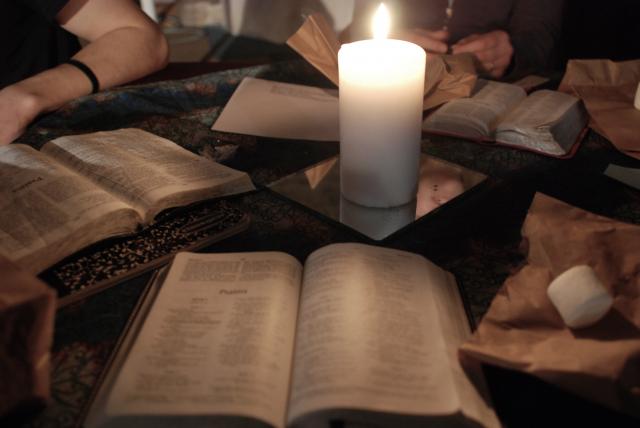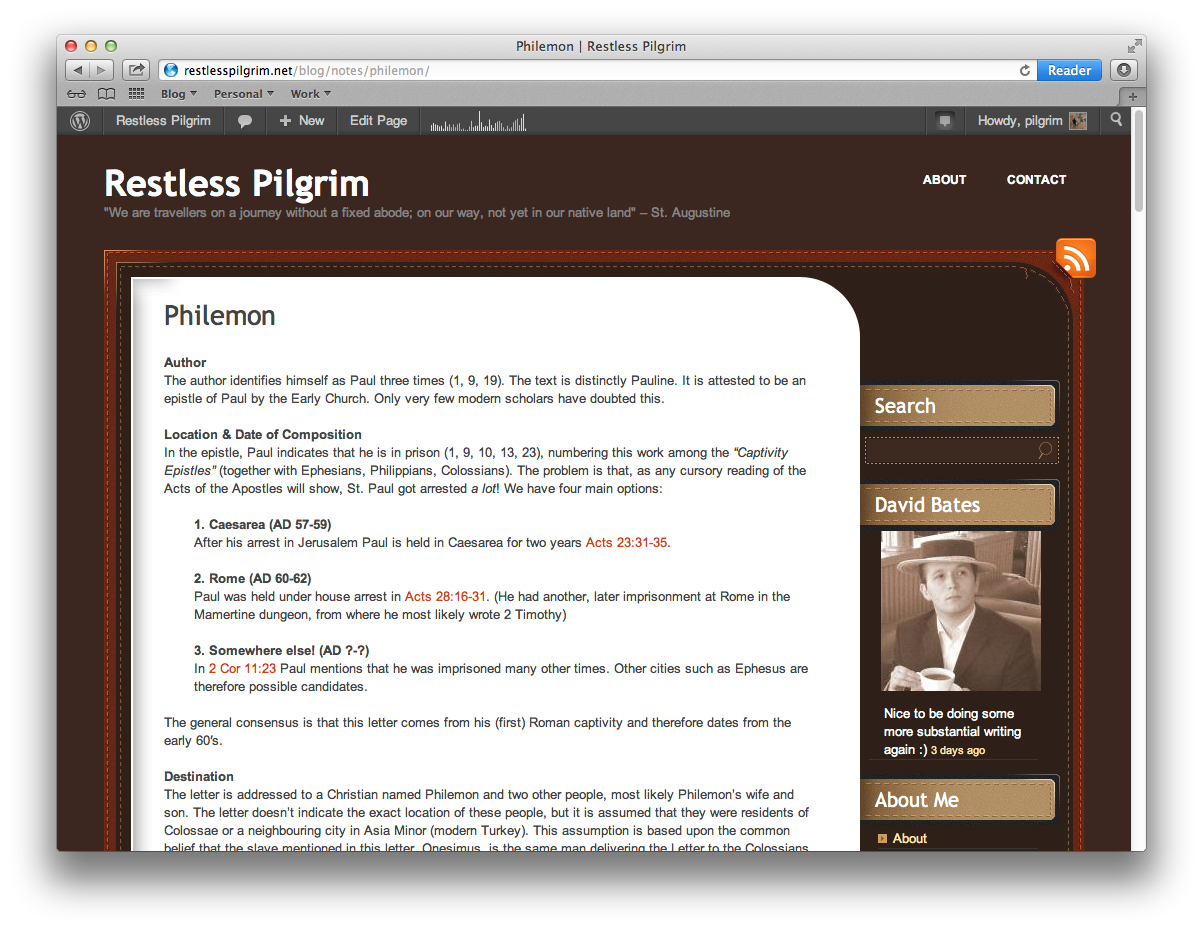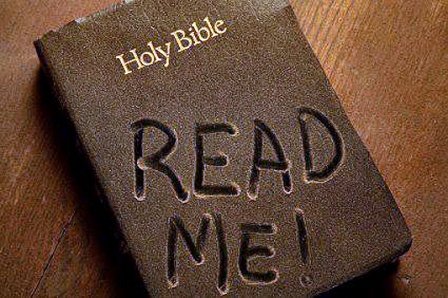This year in the JP2 Group, more and more people have been stepping up to lead Bible study. This has been wonderful, and has brought with it a number of benefits.
Firstly, the variation in leadership has added some real diversity and insight to our Bible study sessions and helped keep the group fresh.
Secondly, in our community we often have people who attend JP2 for some time and then move on to another city. It is my hope that, by having led at JP2, these people will have the confidence at their new parish to support similar ministries or, if such ministries do not exist, then start them!
Finally, as the number of leaders in a group increases, the group becomes more self-sustaining, reducing the pressure on the group’s original leader, thus freeing him or her up to spend more time crocheting and playing the banjo…

Mistakes, I’ve made a few…
I’ve led Bible studies, in some form or another, since about 2004. In doing so, I’ve made all kinds of mistakes. Seriously, name a mistake, I’ve done it. In fact, not only will I have done it, I’m pretty sure I’d have done it in far more spectacular fashion than you! :-p
Therefore, drawing upon my vast wealth of mistakes, in an effort to help those readers who are also involved in leadership, I’ve compiled a list of Do’s and Don’ts for leading Bible Study.
Read more
 The articles Notes for the letter to Philemon first appeared on RestlessPilgrim.net
The articles Notes for the letter to Philemon first appeared on RestlessPilgrim.net Do Catholics know the Bible?
Do Catholics know the Bible?



